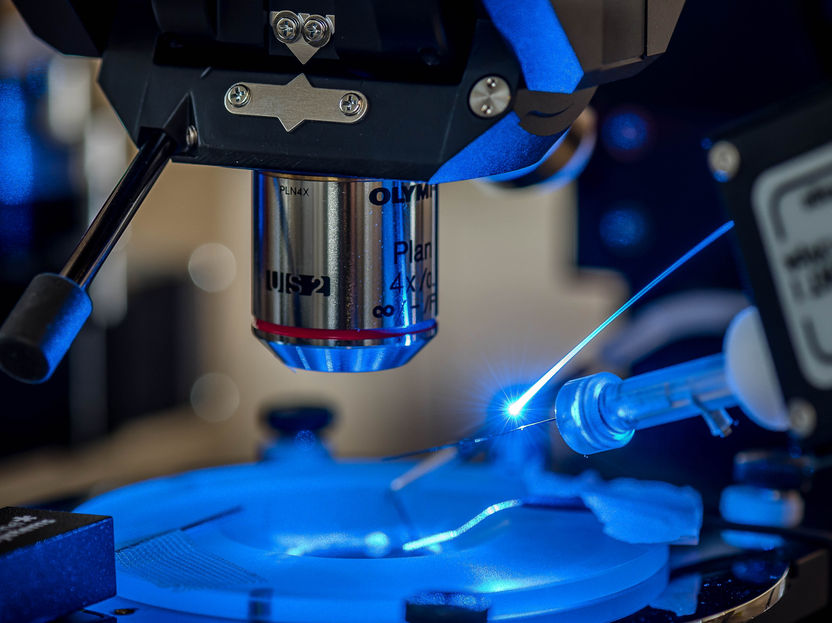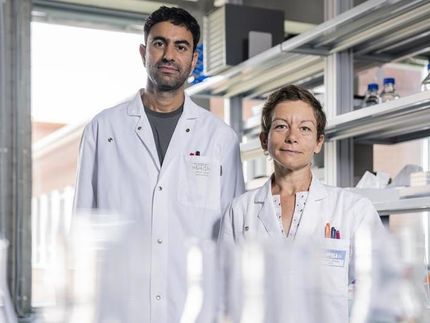Researcher confirms praziquantel safe after first trimester
A study by Rhode Island Hospital researchers confirmed that a drug used to treat a disease afflicting millions of people in developing countries is safe to give pregnant women following their first trimester. The finding could prove critical to the care of pregnant women and lactating women with schistosomiasis, a disease caused by a parasitic worm, who were denied the drug out of concern for their health and the health of their fetuses.
Authored by Jennifer F. Friedman, M.D., Ph.D., MPH, director of clinical studies for the Center for International Health Research at Rhode Island Hospital, the study found that praziquantel does not lead to adverse events for the pregnant woman or her newborn. The study was published in The Lancet Infectious Diseases.
"Millions of women, many of whom are in a multi-year, cyclical pattern of pregnancy and breast-feeding, are denied praziquantel," said Friedman. "The accumulation of evidence shows that commencement of this treatment after the first trimester does not adversely affect the mother or fetus. We wanted to conduct this study to demonstrate that this drug is safe after the first trimester, and we remain hopeful that public health policies will change. Deferring treatment only exacerbates the morbidity of the patients."
Nearly 40 million women of reproductive age are infected with schistosomes. They are a significant cause of disease in developing countries. Despite World Health Organization recommendations to offer pregnant women treatment with praziquantel, many nations continue to withhold treatment, awaiting safety and efficacy data from controlled drug trials such as this one.
Schistosomiasis is transmitted during contact with freshwater containing snails that have been infected due to poor sanitation practices. It is known to cause damage to the kidneys, liver, bladder and other organs. After malaria, schistosomiasis is the most common parasitic disease, affecting 200 million people throughout the world and kills approximately 280,000 people annually.
No previous study has examined whether praziquantel treatment at 12-16 weeks gestation improves pregnancy outcomes or whether the use of a higher dose of praziquantel recommended to treat Asian schistosomiasis can be safely administered without adverse newborn or maternal outcomes. This research study, conducted in the Philippines, found that treatment did not positively impact birth weight, however, the iron status of the mothers and newborns improved in the treated group.
Most read news
Organizations
Other news from the department science

Get the life science industry in your inbox
By submitting this form you agree that LUMITOS AG will send you the newsletter(s) selected above by email. Your data will not be passed on to third parties. Your data will be stored and processed in accordance with our data protection regulations. LUMITOS may contact you by email for the purpose of advertising or market and opinion surveys. You can revoke your consent at any time without giving reasons to LUMITOS AG, Ernst-Augustin-Str. 2, 12489 Berlin, Germany or by e-mail at revoke@lumitos.com with effect for the future. In addition, each email contains a link to unsubscribe from the corresponding newsletter.
Most read news
More news from our other portals
Last viewed contents
Stem cells + nanofibers = Promising nerve research - Researchers coax cells to grow and myelinate along thin fibers, with potential use in testing treatments for neurological diseases



















































